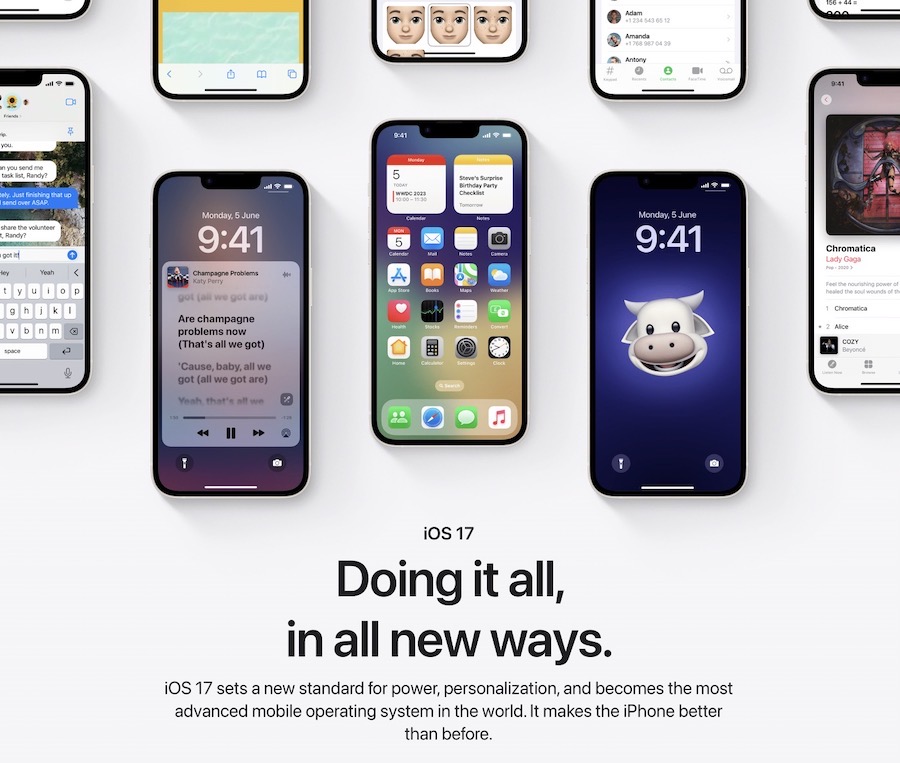
A Deep Dive into Huawei’s War Against the World: Reuters
A new investigation from Reuters takes a deep dive on the controversy surrounding the Chinese telecommunications firm Huawei, 5G technology, and the future of international communications.

The investigation begins by naming the Australian Signals Directorate, the nation’s top-secret eavesdropping agency, as the first to take “the initiative in the global campaign against Huawei,” rather than the United States:
The Australians had long harbored misgivings about Huawei in existing networks, but the 5G war game was a turning point. About six months after the simulation began, the Australian government effectively banned Huawei, the world’s largest maker of telecom networking gear, from any involvement in its 5G plans. An Australian government spokeswoman declined to comment on the war game.
After the Australians shared their findings with U.S. leaders, other countries, including the United States, moved to restrict Huawei.
Since then, the United States has made a strong effort to contain Huawei worldwide:
The Americans are now campaigning aggressively to contain Huawei as part of a much broader effort to check Beijing’s growing military might under President Xi Jinping. Strengthening cyber operations is a key element in the sweeping military overhaul that Xi launched soon after taking power in 2012, according to official U.S. and Chinese military documents. The United States has accused China of widespread, state-sponsored hacking for strategic and commercial gain.
If Huawei gains a foothold in global 5G networks, Washington fears this will give Beijing an unprecedented opportunity to attack critical infrastructure and compromise intelligence sharing with key allies. Senior Western security officials say this could involve cyber attacks on public utilities, communication networks and key financial centers.
With that in mind, 5G technology will be an integral part of the future of communication worldwide, and Washington, D.C. and its allies are worried that a compromised network will leave countless entities and individuals vulnerable:
5G technology is expected to deliver a huge leap in the speed and capacity of communications. Downloading data may be up to 100 times faster than on current networks.
But 5G isn’t only about faster data. The upgrade will see an exponential spike in the number of connections between the billions of devices, from smart fridges to driverless cars, that are expected to run on the 5G network. “It’s not just that there will be more people with multiple devices, but it will be machines talking to machines, devices talking to devices – all enabled by 5G,” said Burgess, the Australian Signals Directorate chief, in his March address.
The report then mentions the arrest of Huawei CFO Meng Wanzhou — the daughter of the company’s founder, Ren Zhengfei — in Canada on allegations of bank and wire fraud. She now awaits an extradition hearing to the United States:
The Huawei conflict isn’t only about U.S.-China superpower rivalry: The activities of Meng and Huawei were under scrutiny by U.S. authorities long before Trump began a trade war with China, according to interviews with people familiar with those probes. But there is no doubt the wider showdown with Huawei has now become intensely geopolitical.
Despite pushback from Huawei, the United States has remained firm in its opposition to Huawei meddling:
Europeans pushed back, too. During one closed-door session, senior representatives from European telecom operators pressed a U.S. official for hard evidence that Huawei presented a security risk. One executive demanded to see a smoking gun, recalled the U.S. official.
The American official fired back: “If the gun is smoking, you’ve already been shot. I don’t know why you’re lining up in front of a loaded weapon.”
On Sunday, it was reported that Google is suspending business with Huawei that requires the transfer of hardware, software and technical services except those publicly available through open source licensing. This means that the company’s future mobile devices would lose access to popular, and some say essential, apps such as Search, Gmail, YouTube, and Maps.
Since then, the US government eased some restrictions for 90 days, such as allowing the Chinese IT giant to purchase US-made goods in order to maintain existing networks and provide software updates to existing handsets.
Read the entire investigation over at Reuters.

